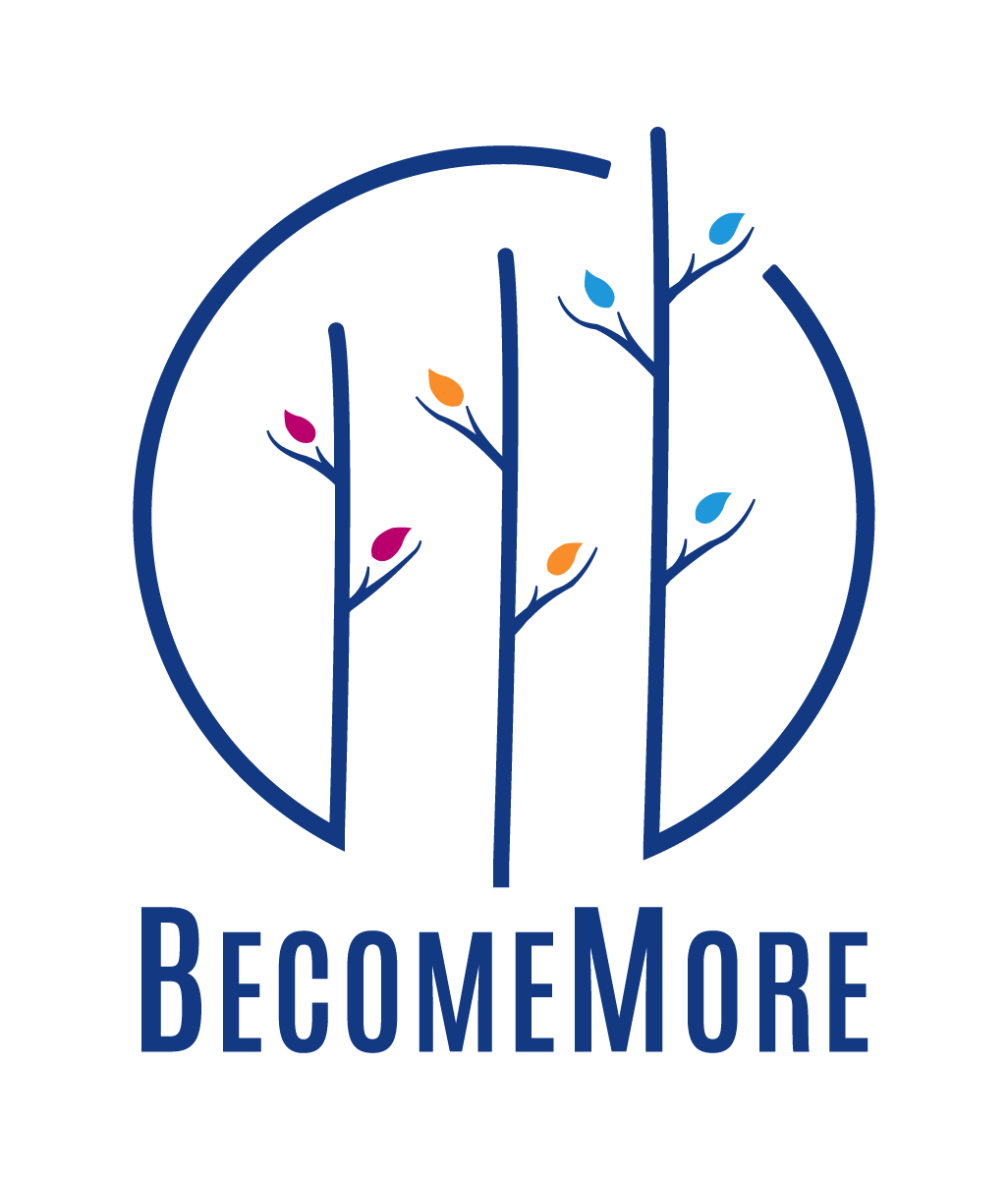
The title character in “Ted Lasso” flings out mottos and wisdom nuggets like a beauty queen throwing candy from a parade float. It’s one of the inspiring and charming factors that has made this show on AppleTV+ a hit.
One of the other things I find inspiring about Ted is that he’s a leader who objectively doesn’t know very much about the work of his team. As an American college football coach who’s been tapped to lead an English professional soccer (football) team, he’s almost ridiculously ignorant of basic soccer (football) concepts. And yet week after week we see him build a team through his leadership. He exemplifies the philosophy that the job of a leader isn’t to build the widgets; it’s to build the people.
And as Season 3 kicks off (see what I did there?), I find myself learning a new thing from Ted. A few simple words that might change the very way I approach difficult conversations.
The basic scene: Nate the assistant coach has had a meltdown and is totally pissed off at Ted. They are standing in the coaches’ office and Ted confronts Nate about this. Ted doesn’t shy away from trying to clear the air. He wants to talk about the elephant in the room. And the way he does it is genius.
He asks (and I’m paraphrasing here): “What did I do? HOW CAN I LEARN FROM THIS?”
He doesn’t say, “What has your underwear in a twist?” or “What the hell do you have to be so pissed off about?” or even “What do you expect from me?” He turns the conversation into a learning moment—for himself—even though Nate is the one who’s gone off the deep end.
This week I was in a coaching call when Ted’s words came to mind. I was working with a client who felt that she had been excluded from a few recent conversations with her managers. She was feeling vulnerable because those conversations used to include her and suddenly she was excluded. Ted’s question came to mind.
“What would happen,” I asked, “if you asked, ‘What can I learn from this? What should I know?’”
The idea was to turn her concern into a question—how could she get BETTER in this moment?—instead of turning it into a point of frustration. How could she ask her managers to help her get better, not just leave her outside the room
“What can I learn from this?” It may be the question that changes your relationships at work and your relationship WITH your work.

